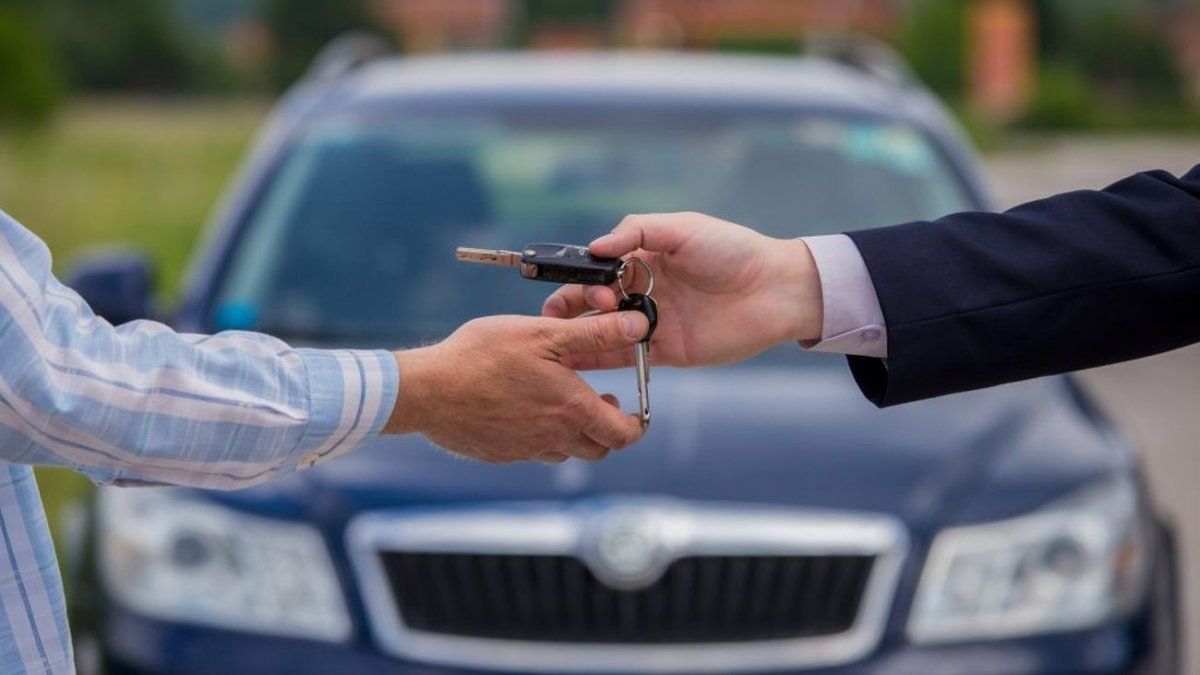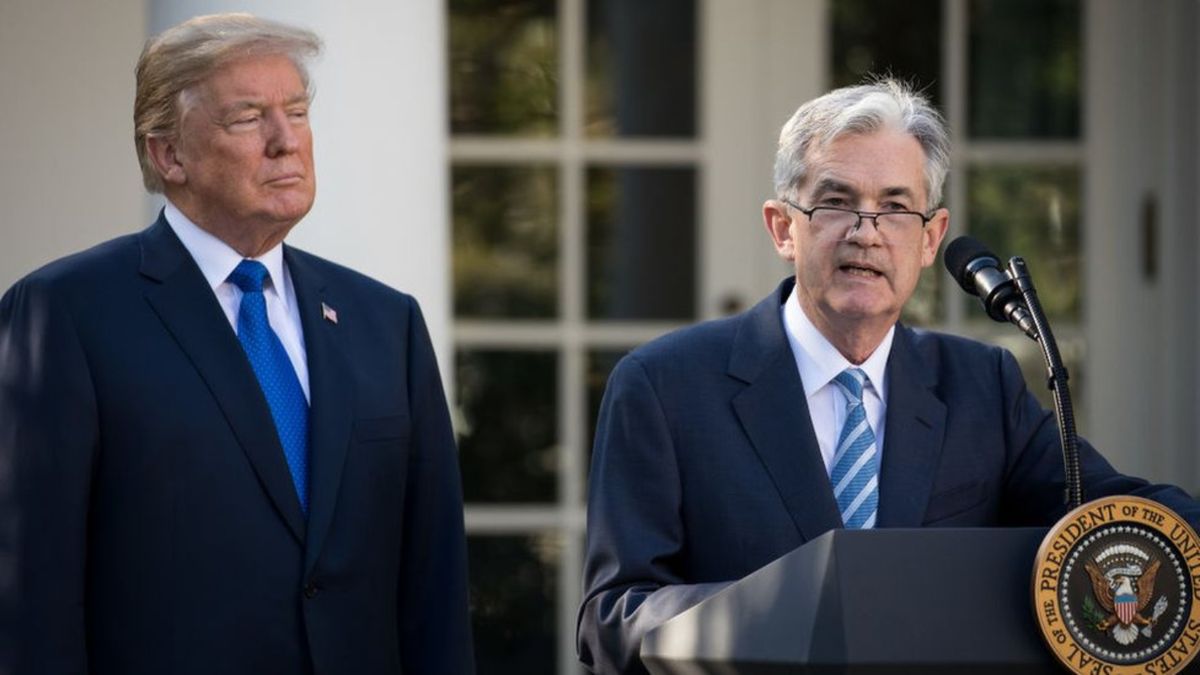New election of the Bundestag
Scholz poses a question of trust with a campaign speech in the Bundestag
Copy the current link
It is the first Bundestag vote in his three years as Chancellor that Olaf Scholz wants to lose. In his speech on the vote of confidence, he started the election campaign with a harsh attack.
Chancellor Olaf Scholz used his speech on the vote of confidence in the Bundestag to heavily criticize the former coalition partner FDP. Their “weeks of sabotage” had damaged not only the government, but also democracy as a whole, he said. And to the address of FDP leader Christian Lindner: “Joining a government requires the necessary moral maturity.” In his response, Union faction leader Friedrich Merz called the attack “not only disrespectful,” but also a “sheer impudence.”
Scholz confirmed in the Bundestag that he was asking the vote of confidence with the aim of bringing parliamentary elections forward by seven months. “In this election, the citizens can set the political course of our country, that’s what it’s all about,” he told MPs. “I am therefore addressing the question of trust to the voters today.”
Scholz then used most of his half-hour speech to explain the program with which he wanted to go into the election campaign. Stable pensions, an increase in the minimum wage, a reduction in VAT, and no to the delivery of the Taurus cruise missile to Ukraine are just a few of the points. He asked voters “for their trust and support.”
Question of trust is the Chancellor’s only lever for new elections
Scholz was accompanied to the Bundestag by his wife Britta Ernst. For him, the vote of confidence is the only way to bring about an early federal election. He had already announced this step on November 6th, immediately after the sacking of FDP Finance Minister Lindner and the end of his traffic light coalition. Since then, he has led a government supported by the SPD and the Greens, which no longer has a majority in the Bundestag. Without support from the opposition, she can no longer achieve anything.
Majority of 367 votes – SPD has 207
It is considered impossible that Scholz will achieve the necessary 367 votes in the vote against his will in order to retain the Bundestag’s trust. The SPD parliamentary group with its 207 MPs wants to express its confidence in its Chancellor. However, the Green Party leadership has recommended that its 117 parliamentarians abstain. In doing so, she wants to rule out the possibility that Scholz will inadvertently gain a majority through votes from the AfD.
If the Greens voted for Scholz, that would be a total of 324 votes, just 43 fewer than the Chancellor’s majority. Then the AfD and its 76 MPs could have mathematically helped Scholz gain a majority.
Three AfD MPs want to vote for Scholz
According to AfD leader Alice Weidel, only three MPs want to vote for Scholz. They were worried about “a war chancellor Friedrich Merz” who was planning to deliver Taurus cruise missiles to Ukraine, said Weidel. She didn’t name names. According to dpa information, these are the MPs Jürgen Pohl, Christina Baum and Edgar Naujok. According to the information, one or two MPs could also abstain, it said.
According to their parliamentary secretary Thorsten Frei, the 196 members of the CDU/CSU parliamentary group will vote against Scholz. “We will express no confidence in him 196 times over,” Frei told the German Press Agency.
Mützenich: SPD support for Scholz “absolutely clear”
SPD parliamentary group leader Rolf Mützenich, on the other hand, assumes that his group will clearly support their Chancellor. The support for Scholz among the 207 SPD MPs was “absolutely clear,” he said. “The SPD parliamentary group will give the Chancellor all the support he needs, but which he also deserves.”
Visit to Bellevue Palace when trust is lost
If Scholz does not get a majority in the Bundestag as intended and expected, he will go to Bellevue Palace immediately after the meeting and suggest to Federal President Frank-Walter Steinmeier that the Bundestag be dissolved.
He then has 21 days to decide whether he agrees and calls a new election within 60 days. Since there is great agreement in the Bundestag that the federal election originally planned for September 28, 2025 should be brought forward, Steinmeier’s approval is considered certain. He has already signaled that he agrees with the target date of February 23rd.
Steinmeier: “We don’t want to huddle now”
But he first wants to hold talks with all parliamentary groups and groups in the Bundestag, in which a total of eight parties are represented. This is “good state practice in Germany,” he said in an ARD interview published at the weekend and called for calm and care in the further proceedings. “We shouldn’t huddle now. The hectic pace of daily politics and the pace of the media don’t determine the further procedure, but rather the constitution and its rules.”
Scholz remains fully capable of acting
The vote of confidence has no effect on the status of the Chancellor or the government. The Chancellor and his government remain in office – in full and not just on an executive basis. According to Article 69 of the Basic Law, the office of the Federal Chancellor and his ministers only ends with the constitution of the new Bundestag, a maximum of 30 days after the election. If the negotiations on a new government coalition have not yet been completed at this point, the Federal President can ask the old government to continue in office until the new one is sworn in.
dpa
Source: Stern
I have been working in the news industry for over 6 years, first as a reporter and now as an editor. I have covered politics extensively, and my work has appeared in major newspapers and online news outlets around the world. In addition to my writing, I also contribute regularly to 24 Hours World.




